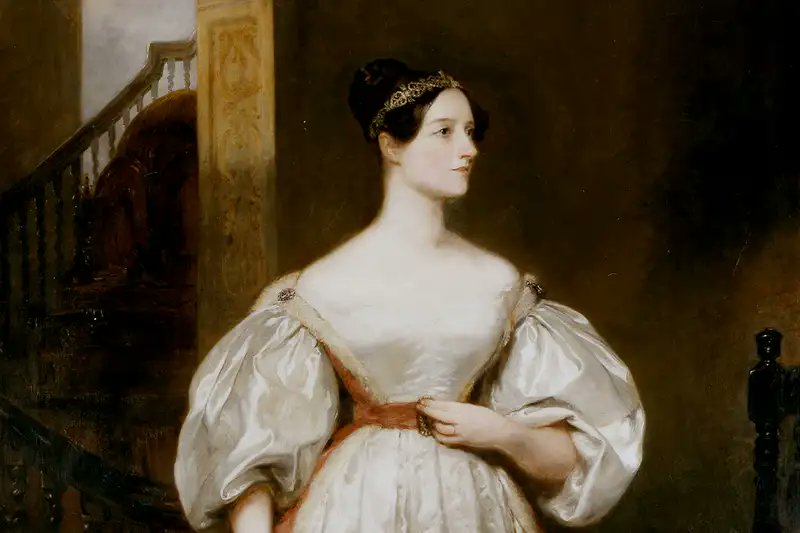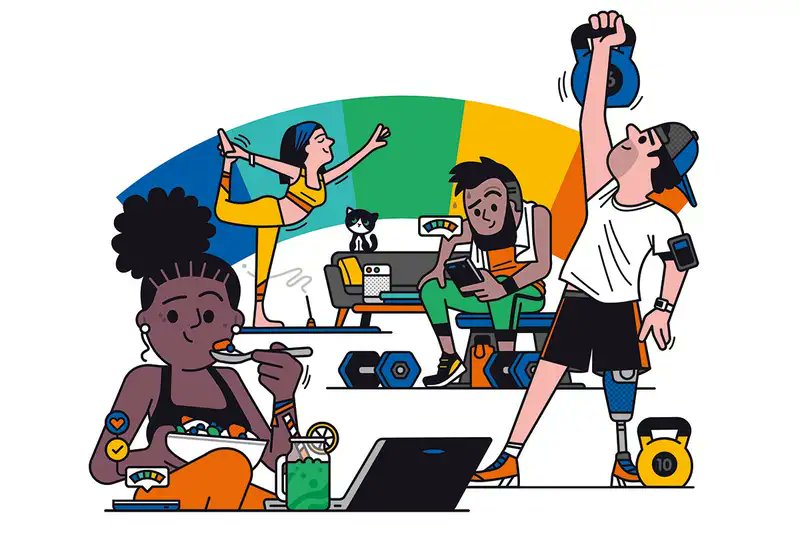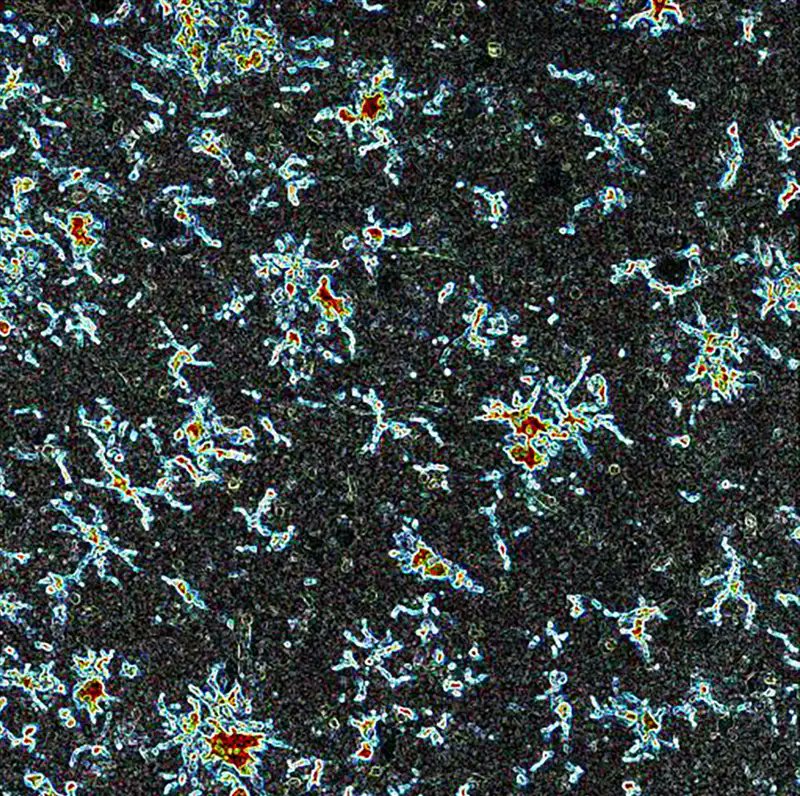
It’s Ada Lovelace Day - an opportunity to celebrate the achievements of women in science and technology!
#AdaLovelaceDay #ALD22
newscientist.com/people/ada-lov…
#AdaLovelaceDay #ALD22
newscientist.com/people/ada-lov…
Ada Lovelace was the mathematician who wrote the first computer programme
Acclaimed as a genius, Lovelace was said to have understood the potential of the first computer blueprints better than their inventor
Acclaimed as a genius, Lovelace was said to have understood the potential of the first computer blueprints better than their inventor

Her writing on Charles Babbage's proposed mechanical computer, the Analytical engine, is widely considered seminal
It includes an algorithm for finding Bernoulli numbers - the first example of an algorithm written specifically for a computer
newscientist.com/article/mg2082…
It includes an algorithm for finding Bernoulli numbers - the first example of an algorithm written specifically for a computer
newscientist.com/article/mg2082…

Although not without her detractors, these contributions earnt Lovelace her reputation as “the first computer programmer”
newscientist.com/article/214211…
newscientist.com/article/214211…
Today, Ada Lovelace has become a figurehead of efforts to tackle gender bias in science and technology
newscientist.com/article/210873…
newscientist.com/article/210873…
Over the past year, @newscientist has spoken to many pioneering female scientists
Cognitive scientist @ForresterGilly is challenging chimps and gorillas to solve puzzles in an attempt to address the mystery of how humans evolved the ability to speak
newscientist.com/article/mg2553…
Cognitive scientist @ForresterGilly is challenging chimps and gorillas to solve puzzles in an attempt to address the mystery of how humans evolved the ability to speak
newscientist.com/article/mg2553…
Ex-NASA deputy administrator @Lori_Garver helped create the now-booming private space industry
newscientist.com/article/233718…
newscientist.com/article/233718…
Archaeologist Rebecca Wragg Sykes (@LeMoustier) says we can learn something about the minds of Neanderthals by studying the stuff they left behind, from painted shells to stalagmite circles
newscientist.com/article/mg2563…
newscientist.com/article/mg2563…
• • •
Missing some Tweet in this thread? You can try to
force a refresh









